BYD Seal vs Kia Niro – Performance, range & efficiency compared
Two cars, one duel: BYD Seal meets Kia Niro.
Which one wins in performance, efficiency and value for money? Find out now!
Here’s where it gets real: The technical differences in detail
Costs and Efficiency: Price and efficiency are often the first things buyers look at. Here it becomes clear which model has the long-term edge – whether at the pump, the plug, or in purchase price.
Kia Niro has a clearly perceptible advantage in terms of price – it starts at 29100 £, while the BYD Seal costs 40300 £. That’s a price difference of around 11143 £.
As for range, the BYD Seal performs clearly better – achieving up to 570 km, about 508 km more than the Kia Niro.
Engine and Performance: Power, torque and acceleration are the classic benchmarks for car enthusiasts – and here, some clear differences start to show.
When it comes to engine power, the BYD Seal has a significantly edge – offering 530 HP compared to 180 HP. That’s roughly 350 HP more horsepower.
In acceleration from 0 to 100 km/h, the BYD Seal is clearly quicker – completing the sprint in 3.80 s, while the Kia Niro takes 9.90 s. That’s about 6.10 s faster.
In terms of top speed, the BYD Seal performs slightly better – reaching 220 km/h, while the Kia Niro tops out at 185 km/h. The difference is around 35 km/h.
There’s also a difference in torque: the BYD Seal pulls clearly stronger with 670 Nm compared to 265 Nm. That’s about 405 Nm difference.
Space and Everyday Use: Beyond pure performance, interior space and usability matter most in daily life. This is where you see which car is more practical and versatile.
Both vehicles offer seating for 5 people.
In curb weight, the Kia Niro is evident lighter – 1474 kg compared to 1907 kg. The difference is around 433 kg.
In terms of boot space, the Kia Niro offers somewhat more room – 451 L compared to 400 L. That’s a difference of about 51 L.
When it comes to payload, BYD Seal minimal takes the win – 473 kg compared to 466 kg. That’s a difference of about 7 kg.
Our conclusion: The BYD Seal proves to be is largely superior and thus becomes our DriveDuel Champion!
Overall, BYD Seal is the better all-rounder in this comparison.
BYD Seal
The BYD Seal represents a sleek fusion of innovative technology and stylish design, setting it apart in the competitive electric vehicle market. With its aerodynamic silhouette and premium interior finishes, the car offers a driving experience that is both comfortable and exhilarating. Enthusiasts are particularly impressed by the seamless integration of advanced features that prioritise safety and convenience.
details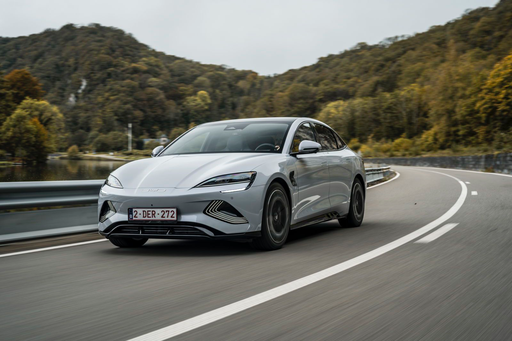 @ press.bydauto.be
@ press.bydauto.be
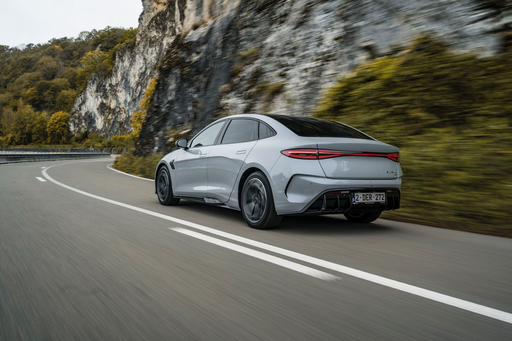 @ press.bydauto.be
@ press.bydauto.be
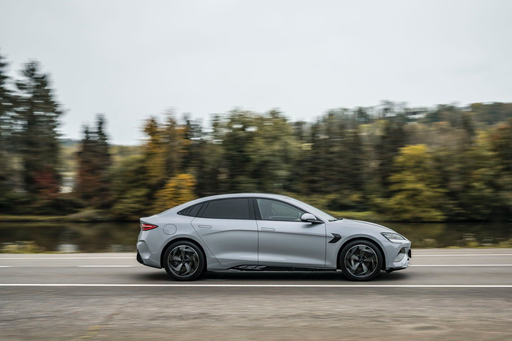 @ press.bydauto.be
@ press.bydauto.be
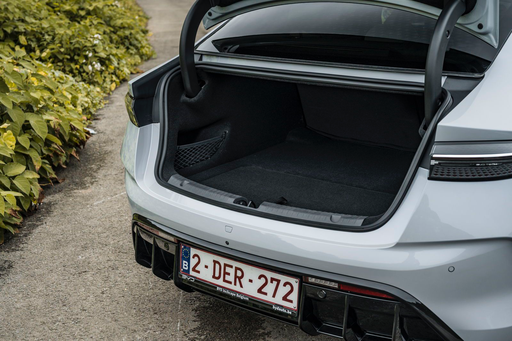 @ press.bydauto.be
@ press.bydauto.be
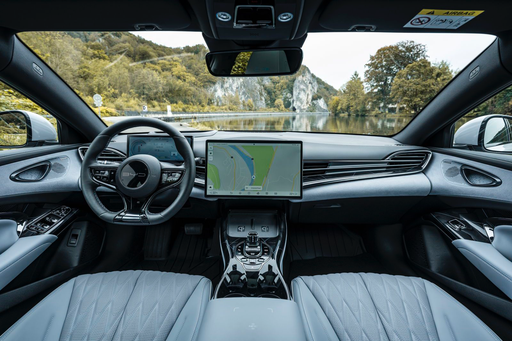 @ press.bydauto.be
@ press.bydauto.be
Kia Niro
The Kia Niro presents itself as a versatile and eco-friendly SUV, blending a stylish design with advanced hybrid technology. Its spacious interior offers comfort and practicality, making it ideal for both city driving and longer journeys. With a focus on efficiency and sustainability, the Niro is a compelling choice for environmentally conscious drivers.
details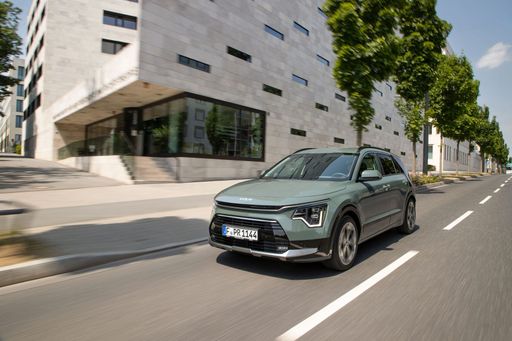 @ press.kia.com
@ press.kia.com
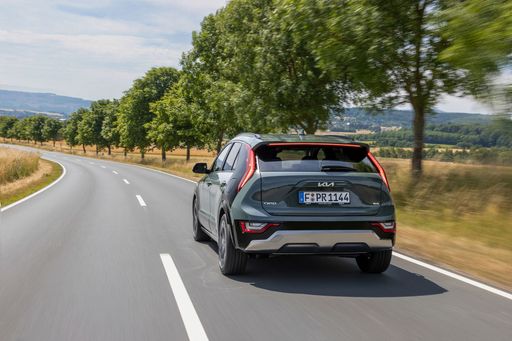 @ press.kia.com
@ press.kia.com
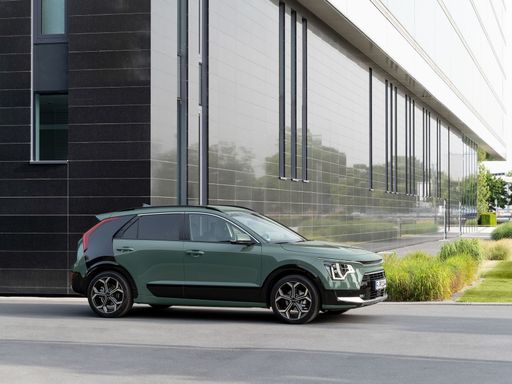 @ press.kia.com
@ press.kia.com
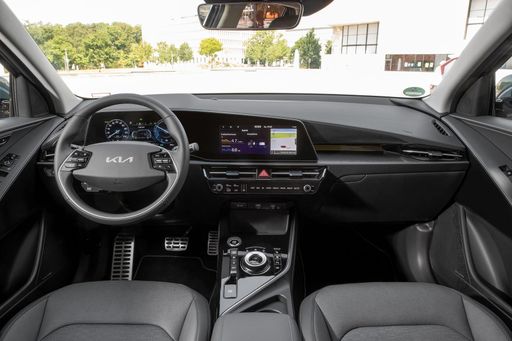 @ press.kia.com
@ press.kia.com
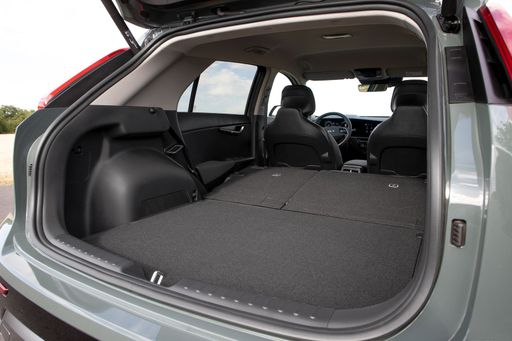 @ press.kia.com
@ press.kia.com

|

|
|
|
|
Costs and Consumption |
|
|---|---|
|
Price
40300 - 45400 £
|
Price
29100 - 38600 £
|
|
Consumption L/100km
-
|
Consumption L/100km
2.4 - 4.9 L
|
|
Consumption kWh/100km
15.4 - 18.2 kWh
|
Consumption kWh/100km
-
|
|
Electric Range
460 - 570 km
|
Electric Range
57 - 62 km
|
|
Battery Capacity
-
|
Battery Capacity
1.3 - 11.1 kWh
|
|
co2
0 g/km
|
co2
53 - 111 g/km
|
|
Fuel tank capacity
-
|
Fuel tank capacity
37 - 42 L
|
Dimensions and Body |
|
|---|---|
|
Body Type
Sedan
|
Body Type
SUV
|
|
Seats
5
|
Seats
5
|
|
Doors
4
|
Doors
5
|
|
Curb weight
1907 - 2185 kg
|
Curb weight
1474 - 1594 kg
|
|
Trunk capacity
400 L
|
Trunk capacity
348 - 451 L
|
|
Length
4800 mm
|
Length
4420 mm
|
|
Width
1875 mm
|
Width
1825 mm
|
|
Height
1460 mm
|
Height
1545 mm
|
|
Max trunk capacity
-
|
Max trunk capacity
1342 - 1445 L
|
|
Payload
446 - 473 kg
|
Payload
466 kg
|
Engine and Performance |
|
|---|---|
|
Engine Type
Electric
|
Engine Type
Full Hybrid, Plugin Hybrid
|
|
Transmission
Automatic
|
Transmission
Automatic
|
|
Transmission Detail
Reduction Gearbox
|
Transmission Detail
Dual-Clutch Automatic
|
|
Drive Type
Rear-Wheel Drive, All-Wheel Drive
|
Drive Type
Front-Wheel Drive
|
|
Power HP
231 - 530 HP
|
Power HP
138 - 180 HP
|
|
Acceleration 0-100km/h
3.8 - 7.5 s
|
Acceleration 0-100km/h
9.9 - 11.4 s
|
|
Max Speed
180 - 220 km/h
|
Max Speed
170 - 185 km/h
|
|
Torque
360 - 670 Nm
|
Torque
265 Nm
|
|
Number of Cylinders
-
|
Number of Cylinders
4
|
|
Power kW
170 - 390 kW
|
Power kW
102 - 132 kW
|
|
Engine capacity
-
|
Engine capacity
1580 cm3
|
General |
|
|---|---|
|
Model Year
2023 - 2025
|
Model Year
2025
|
|
CO2 Efficiency Class
A
|
CO2 Efficiency Class
C, B
|
|
Brand
BYD
|
Brand
Kia
|
What drive types are available for the BYD Seal?
The BYD Seal is available as Rear-Wheel Drive or All-Wheel Drive.
The prices and data displayed are estimates based on German list prices and may vary by country. This information is not legally binding.
